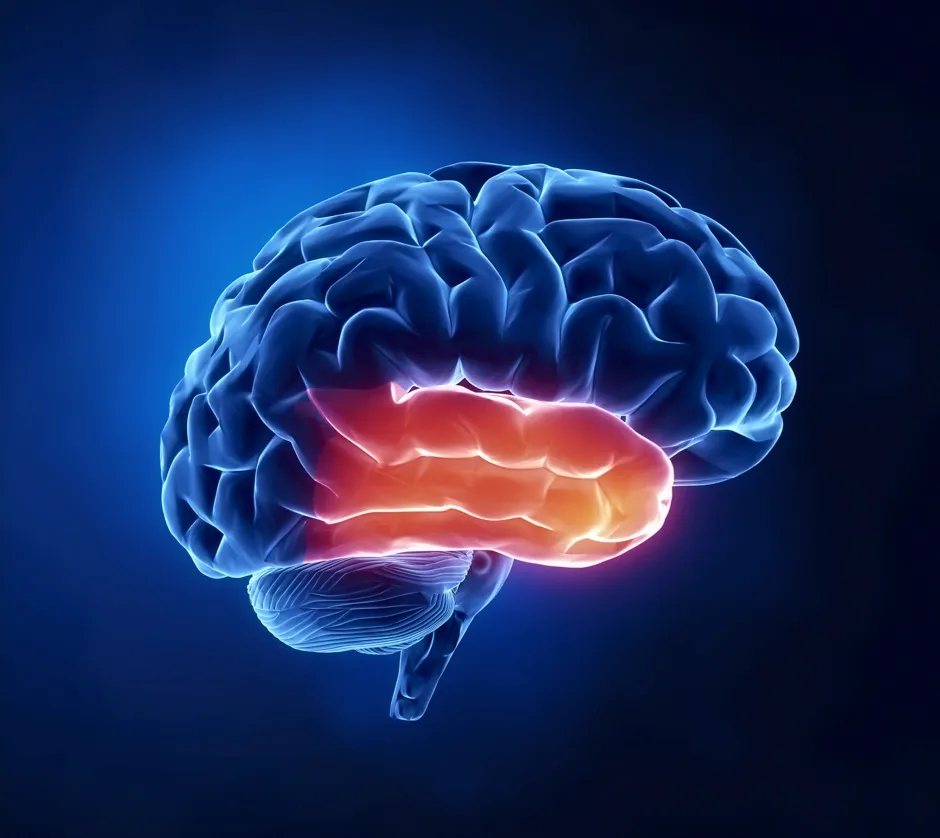Scientists studying how hearing loss may cause dementia have developed a new theory focusing on memory centres deep in the brain.
Hearing loss has been shown to be linked to dementia in previous studies and could cause around 1 in 10 cases. Now, published in the journal Neuron, a team at Newcastle University has suggested a new theory to explain how a disorder of the ear can lead to Alzheimer’s disease – a concept never looked at before.
Read more about Alzheimer's:
- Diet rich in fruit, vegetables and tea linked to lower Alzheimer’s risk
- Link between brain inflammation and build-up of 'junk' proteins in dementia
- Controlling brainwaves could help improve memory in Alzheimer’s patients
It is hoped that this new understanding may be a significant step towards advancing research into Alzheimer’s disease and how to prevent the illness for future generations.
We propose that altered activity in the memory system caused by hearing loss and the Alzheimer’s disease process trigger each other
Dr Will Sedley, Newcastle University
Newcastle experts considered three ways that hearing loss could be linked with Alzheimer's:
- A common underlying cause for hearing loss and dementia;
- A lack of sound-related input leading to the brain shrinking;
- Cognitive impairment causing people to engage more brain resources to compensate for hearing loss, which then become unavailable for other tasks.
The team has proposed a new angle which focuses on the memory centres deep in the temporal lobe.
Their recent work indicates that this part of the brain, typically associated with long-term memory for places and events, is also involved in short-term storage and manipulation of auditory information.

The team consider explanations for how changes in brain activity due to hearing loss might directly promote the presence of abnormal proteins that cause Alzheimer’s disease, therefore triggering the disease.
Professor Tim Griffiths, from Newcastle University’s Faculty of Medical Sciences, said: “The challenge has been to explain how a disorder of the ear can lead to a degenerative problem in the brain.
“We suggest a new theory based on how we use what is generally considered to be the memory system in the brain when we have difficulty listening in real-world environments.”
Read more about memory:
- Memory and the brain: the key discovery of Santiago Ramón y Cajal
- Playing board games can support 'sharper thinking and memory skills' in later life
- Childhood hardship linked to memory decline later in life
Dr Will Sedley, from Newcastle University’s Faculty of Medical Sciences, said: “This memory system engaged in difficult listening is the most common site for the onset of Alzheimer’s disease.
“We propose that altered activity in the memory system caused by hearing loss and the Alzheimer’s disease process trigger each other.
“Researchers now need to examine this mechanism in models of the pathological process to test if this new theory is right.”
Reader Q&A: Does ear shape affect hearing?
Asked by: Walt Haddock, California, US
Yes. The outer part of your ear, the pinna, is shaped to amplify sounds and locate their source. Try listening to a steady sound while moving your head or bending your ears. The changes you notice are what the brain uses to determine location, and the pinna’s shape exaggerates these variations.
Everyone’s ears are different, so we learn this skill from infancy. In experiments, people wearing false ears have trouble localising sounds for up to six weeks but they don’t lose the ability to hear without them. So this is more like learning a new language than adapting to a new sense.
Read more:
